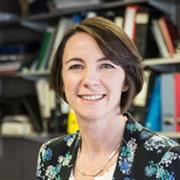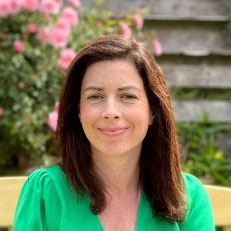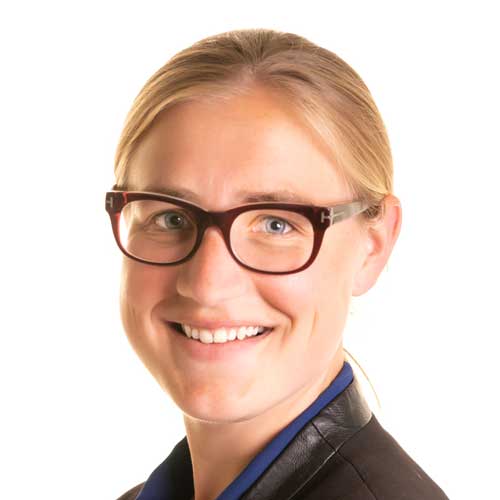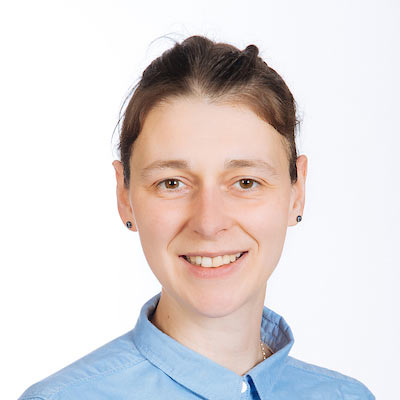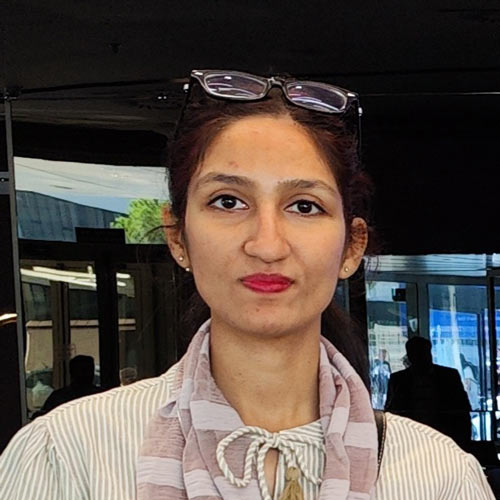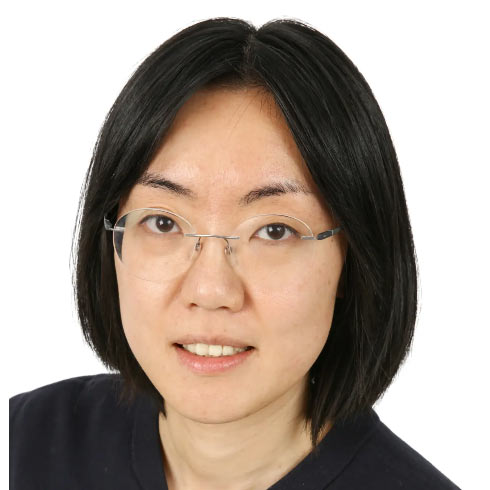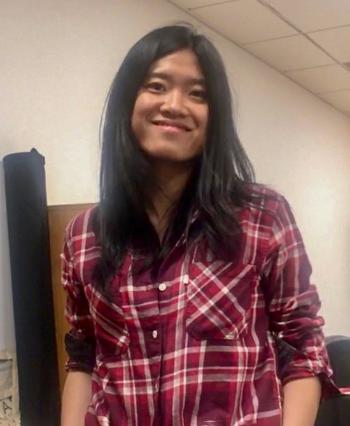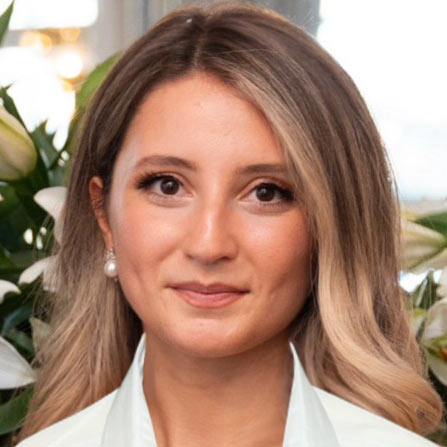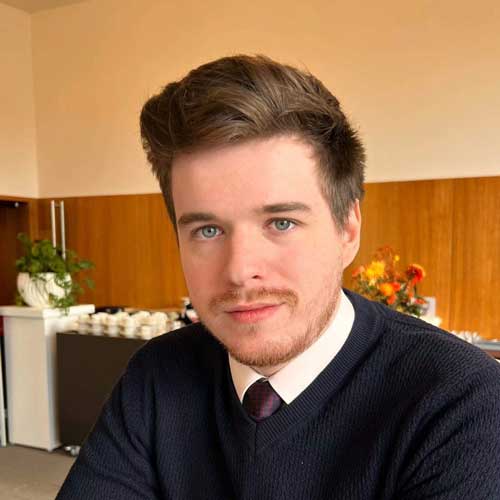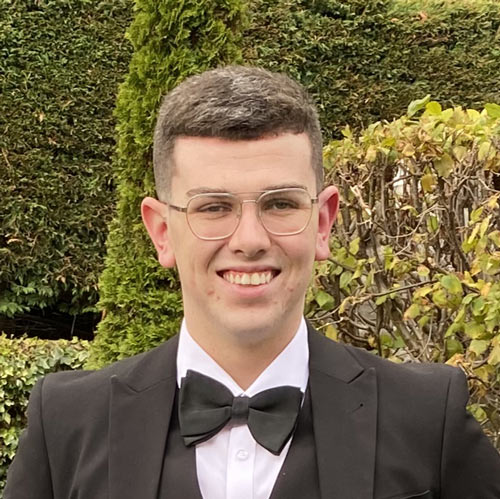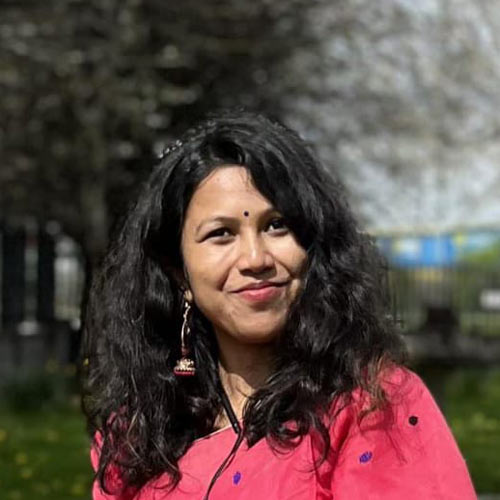Syeda Madiha
Postdoctoral Fellow
Syeda Madiha is a Postdoctoral Research Fellow in the Neuromuscular Systems Group at UCD, working under the supervision of Dr. Judith Evers. Her research focuses on investigating disease modification through deep brain stimulation in a progressive rodent model of Parkinson’s disease, contributing to the development of innovative neuromodulation strategies. Before this role, she was a Postdoctoral Researcher in the Department of Neurology at the University Hospital of Würzburg, Germany, where she explored the neuroprotective mechanisms of deep brain stimulation in Parkinson’s disease. She holds a PhD in Biochemistry from the University of Karachi, Pakistan. During her doctoral research, she investigated the behavioural, biochemical, and neurochemical aspects of Parkinson’s disease, specifically exploring the antiparkinsonian properties of nutritional supplements in a rat PD model. She is dedicated to advancing therapeutic approaches for Parkinson’s disease.
